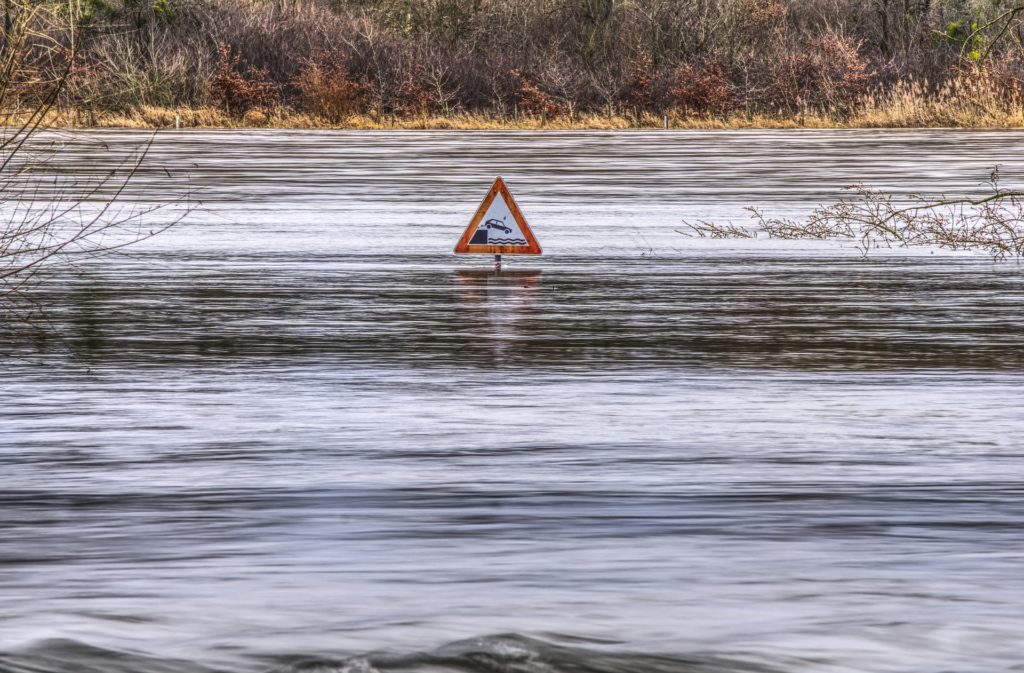Here’s the thing: a degree is not a career.
We get that rude awakening at different stages of our scientific training, but that no matter when you realize this, it can come as something of a shock.
You mean my PhD doesn’t automatically get me in the running for a great career? In fact, it often makes me an outlier, a candidate to be distrusted and avoided as a risky unknown in some circumstances?
Here’s the truth: some people who did a PhD to become a professor are no longer in academia now. There are a lot of reasons, ranging from not publishing high impact papers during their training, or making it all the way to the final interview as a faculty candidate but getting rejected because you didn’t bring in as much grant money as another candidate.
Some people didn’t really know what they wanted to do with a PhD, but decided to see where the PhD path took them – some of these people are now in academia, and many are not.
Some people don’t finish the degree and go into other paths.
And some people who didn’t want to be in academia went into the PhD knowingly seeking the degree for reasons outside the traditional path – and many of these people, ironically, had the easiest time taking their PhD outside academia where it suited them best.
There is no right answer to this question, but there’s an obvious difference in stress levels if you’re considering whether the PhD was a mistake as you look at your career options:
High stress PhD path:
- Some people who went for the PhD because they wanted to be a professor change their minds after extensive experience at the bench, or life pressure changes, or one too many lonely nights in the lab. These folks who pursued research single-mindedly may be excellent academic scientists, but tend to be at a disadvantage when it’s time to look for their next step not because of the PhD degree, but because of their singular focus on academic research all those years. That experience may or may not serve to help them achieve their next step, depending on what it is. While this doesn’t mean you won’t be able to find a job, being in this camp will be a lot more stressful compared to a more purposeful entry into the PhD experience that had been aimed at a specific career path at the outset. In a way, you have to start at the beginning in terms of technical expertise or experiences, and in comparison to others who had been accumulating related experiences while you were in the academic system, you will have an obvious disadvantage.
Lower stress PhD path:
- Some went into the PhD because they had a goal outside academia in mind. Some of those people are now industry scientists, or think tank policy folks, or entrepreneurs, or clinical faculty, etc etc. The one thing in common with those who report not having as hard of a struggle is simply a more diverse set of experiences & a broader network gained from taking on initiatives outside the lab. Those people knew what they wanted the PhD for and leveraged the experience more ideally to gain the skills and experiences that landed them their job, because they not only focused on what they wanted to gain, but also were bold in filtering out PhD experiences that were irrelevant to their next step.
Note that no situation is no stress. Life is stressful, and the job hunt in particular is especially stressful. It taxes your energy and your self confidence, but if you know WHY you are doing a PhD, that will drive your behavior during the PhD, and help you own the PhD, instead of feeling like you’re a slave to the degree at the end of it.
“ Your PhD will only serve a beneficial purpose if you make it beneficial to you.“
By Vay Cao, Ph.D.
Ask me more questions about science, PhD life, careers outside academia or how to help you free your degree!




